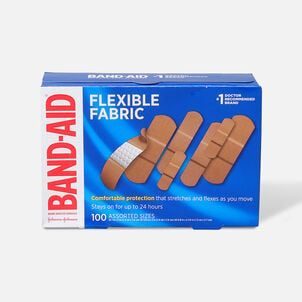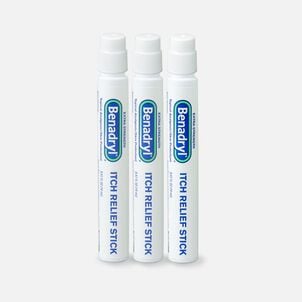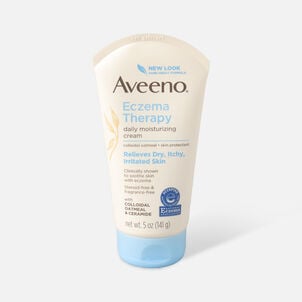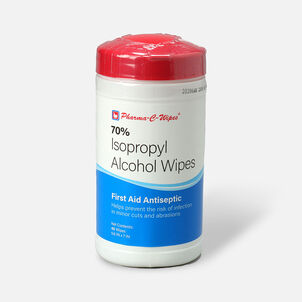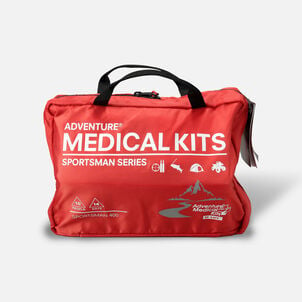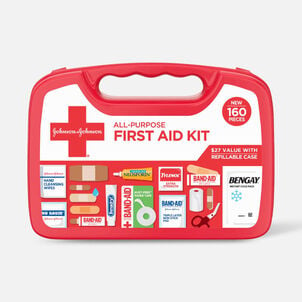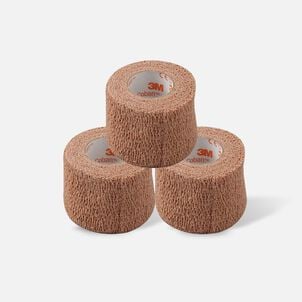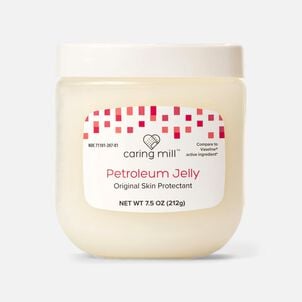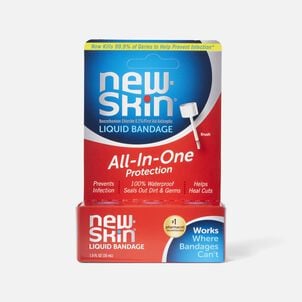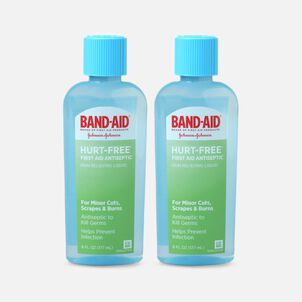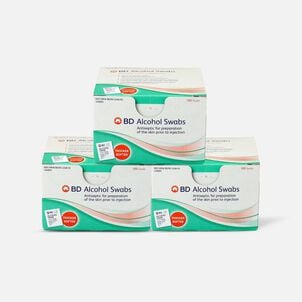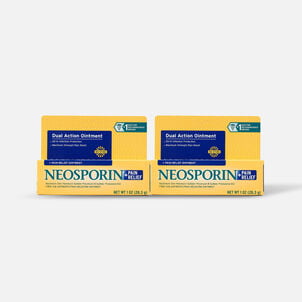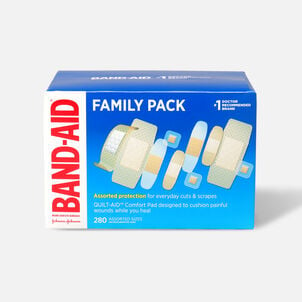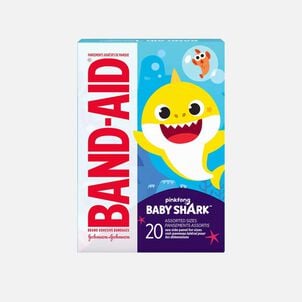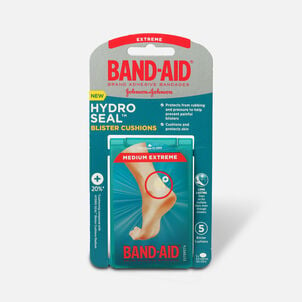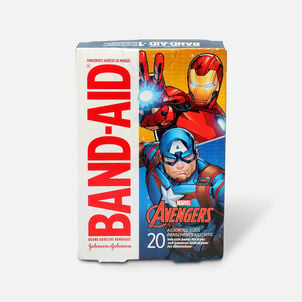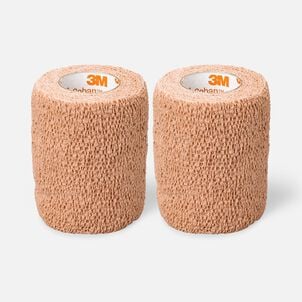The Complete FSA Eligibility List
Here it is — the most-comprehensive eligibility list available on the web. From A to Z, items and services deemed eligible for tax-free spending with your Flexible Spending Account (FSA), Health Savings Account (HSA), Health Reimbursement Arrangement (HRA) and more will be here, complete with details and requirements. Important Reminder: FSAs, HRAs and other account types listed may not all be the same. Be sure to check with your administrator to confirm if something is eligible before making a purchase.
Here it is — the most-comprehensive eligibility list available on the web. From A to Z, items and services deemed eligible for tax-free spending with your Flexible Spending Account (FSA), Health Savings Account (HSA), Health Reimbursement Arrangement (HRA) and more will be here, complete with details and requirements. Important Reminder: FSAs, HRAs and other account types listed may not all be the same. Be sure to check with your administrator to confirm if something is eligible before making a purchase.
Wound Care: FSA Eligibility
Wound Care: eligible with a Flexible Spending Account (FSA)FSA Eligible First Aid
What constitutes a wound?
Wounds occur when the skin is broken or damaged. The skin is a barrier to the outside world and has several layers. Many types of wounds can damage the skin including abrasions, lacerations, rupture injuries, punctures, and penetrating wounds. Often wounds are superficial and require some local first aid with cleansing and dressing. Deeper wounds need medical attention to prevent infection and loss of function, due to damage to structures like bone, muscle, tendon, arteries and nerves.
What are different types of wounds?
Inflammation is the skin's initial response to injury. Surface wounds leave the deeper skin layers intact, and are usually caused by friction rubbing against an abrasive surface. Deep abrasions go through all the layers of the skin and into underlying tissue like muscle or bone. Puncture wounds like animal bites or being pricked by a needle are usually caused by a sharp pointed object entering the skin.
How should wounds be treated?
Proper wound care is necessary to prevent infection, assure there are no other associated injuries, and to promote healing of the skin. While important, cosmetic results are not the primary consideration for wound repair. Superficial wounds may be treated by antiseptic agents that kill microorganisms, or antibiotic ointments that inhibit bacterial growth in wounds that are already infected. There is often little need to prescribe antibiotics. However, some wounds like animal bites, human bites, and wounds exposed to river or lake water contamination, may require antibiotics to prevent infection. Antibiotics may also be prescribed if underlying structures like tendons or bones are involved.
If the wound is left open for longer than 6 to 12 hours, it may not be sutured or stitched. In the stitching process, the health care practitioner will clean the wound and explore the area for foreign bodies or underlying structures that may have been damaged beforehand. Aside from stitches, wound dressings like Tegaderm or Hydrogel may be used to promote healing, especially for the elderly who have fragile skin (Healthline).
 |
| 


